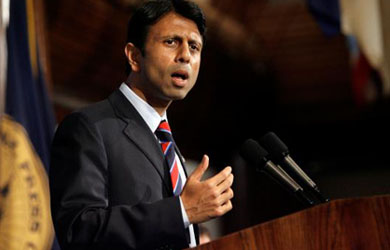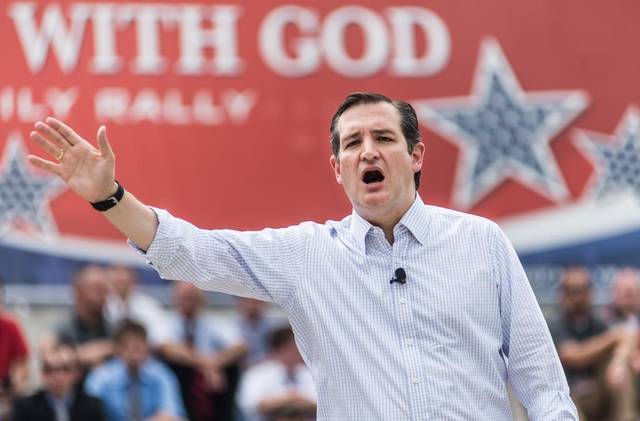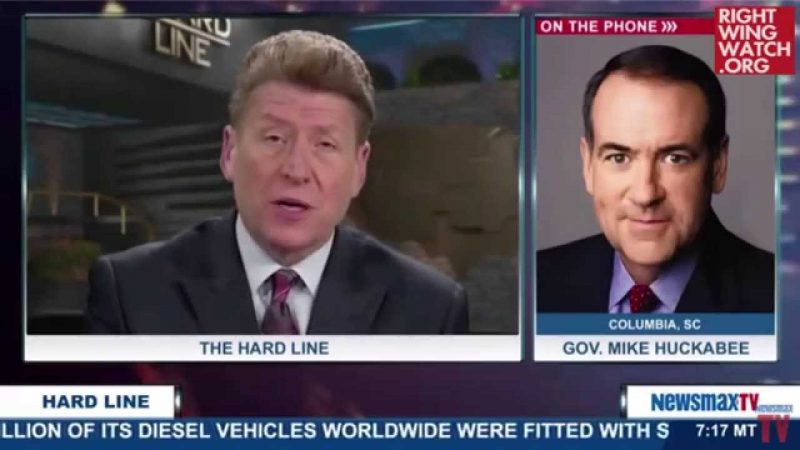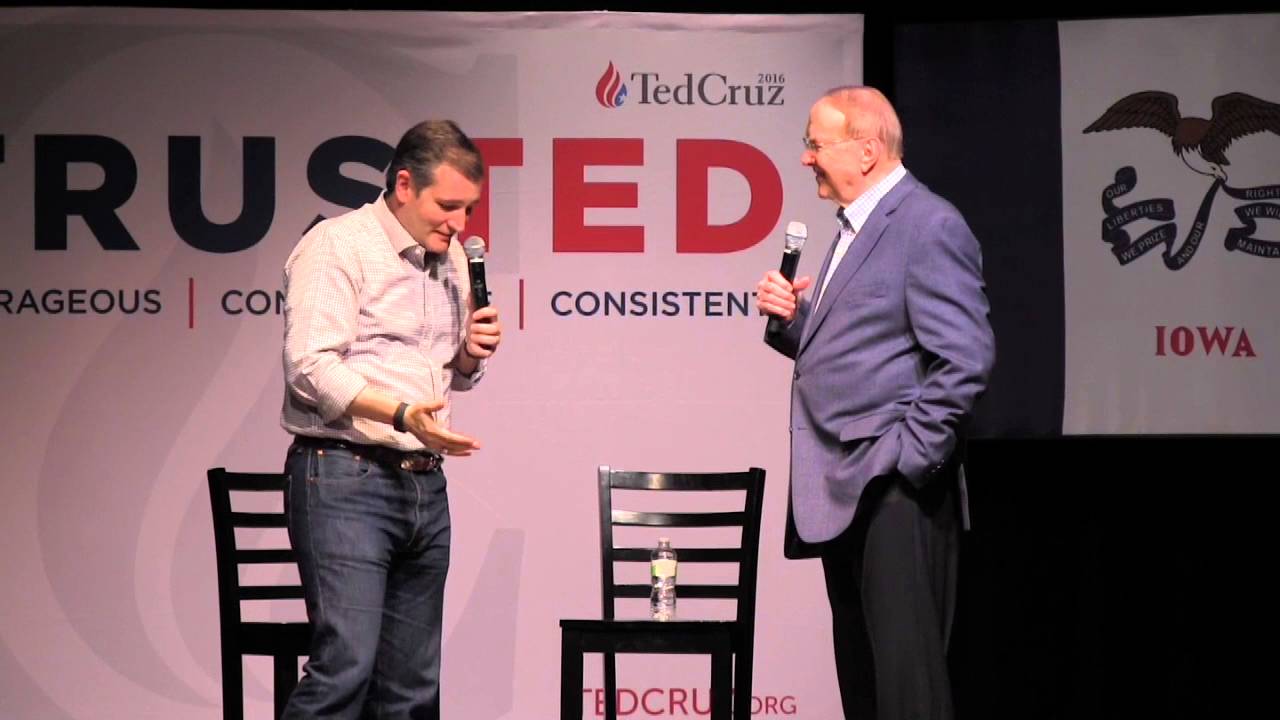The conventional wisdom is that John McCain and his campaign are exceedingly reluctant to discuss McCain’s experiences in Vietnam when, in reality, they cite it repeatedly – even in cases where it has absolutely no bearing on the issue at hand.
On the same note, it is widely accepted that McCain is equally reluctant to discuss his personal faith yet, whenever the topic arises, he inevitably relates the story about the kindly Vietnamese prison guard who loosened his ropes and sketched a cross in the dirt.
While McCain may very well have been hesitant early on to discuss his faith, it doesn’t seem as if that is any longer the case – his appearance at Rick Warren’s faith forum is evidence of that. In fact, his appearance at the forum was really the culmination of an effort that had been underway for several weeks.
For example, a few weeks ago, David Brody posted an email distributed by McCain’s Americans of Faith team that was designed to “explain the shaping and content of John McCain’s faith.” Around the same time, the candidate had an essay in Time magazine on his faith and then, just last week, McCain sat down for an interview with the Chicago Tribune to discuss “how his faith was tested during his years as a prisoner of war.”
And now Beliefnet is reporting that the campaign has been busy screening a video of a “faith interview” that McCain originally conducted with the religious Trinity Broadcasting Network for right-wing leaders:
[S]ome of the nation’s top conservative Christian activists have already seen a glimpse of McCain discussing the influence of his religion in his life in deeply personal terms, in the form of a Christian television interview with McCain that his campaign has been screening for religious audiences.
…
McCain’s “faith interview” originally ran on “First to Know,” a program on TBN, which describes itself as “the world’s largest religious network and America’s most watched faith channel.” TBN does not offer a video or DVD versions of its programs for purchase, and the full video is not available online. A McCain aide says it will likely to be posted to a new evangelical section of the campaign’s web site that is scheduled to launch in the next week or two.
A McCain aide says the campaign began screening the video for Christian audiences in Iowa in advance of this year’s caucuses there, and that it had begun showing it to national evangelical leaders in late spring or early summer. “The exciting thing about the piece is that it wasn’t generated after Obama started talking about faith–it was a piece that showed he was engaged [on faith issues] before the Iowa caucuses,” the aide, who spoke on condition of anonymity, said. “It will be used more often… we have plans for using it in a larger arena.”
On top of that, as the Boston Globe reports, McCain has developed a tendency to start discussing every issue in terms to “Judeo-Christian values”:
On a frozen winter evening at a Town Hall meeting in a school in the Manchester, N.H., suburbs, John McCain expressed surprise and irritation with an intelligence report downplaying the threat of Iran’s nuclear program.
At the end of a long list of reasons to be suspicious of the Iranians, McCain declared: “And they sure don’t share our Judeo-Christian values.”
It seemed at the time to be an odd thing to say about a Muslim country. After all, even if there were no nuclear program, no oil, and no rabble-rousing president, Iran still wouldn’t have Judeo-Christian values. And it’s troubling to wonder if that alone would be a reason for suspicion.
Even President Bush has resisted framing the war on terrorism as a clash of religions; his inexpert use of the word “crusade” early in the conflict set off a wave of criticism and backtracking. He’s never repeated it.
Perhaps McCain’s comment was a similar mistake.
But on Saturday, at the nationally televised forum at evangelist Rick Warren’s Saddleback Church in California, McCain declared: “Our Judeo-Christian principles dictate that we do what we can to help people who are oppressed throughout the world.”
And a review of online records by the Globe library shows that McCain uses the term “Judeo-Christian values” quite often, and in varying contexts. For example, last week in York, Pa., he praised small-town Americans by saying, “The Judeo-Christian values that they hold are the strength of America.”
He has also repeatedly urged that illegal immigrants be treated in a manner “consistent with Judeo-Christian values.” In February, he declared that job training was a Judeo-Christian imperative.
“We’ve got to educate and train these people,” he said, referring to laid-off workers. “It is a Judeo-Christian values nation and it’s an obligation we have and we are not doing it.”
Last year, when he was criticized for telling the website Beliefnet that America was founded on Christian principles, McCain’s defense was that he meant to say “Judeo-Christian.” (When pressed, he said he believes a Muslim could serve as president.)
If McCain really is reluctant to discuss his faith, he sure is doing a good job of hiding it.








